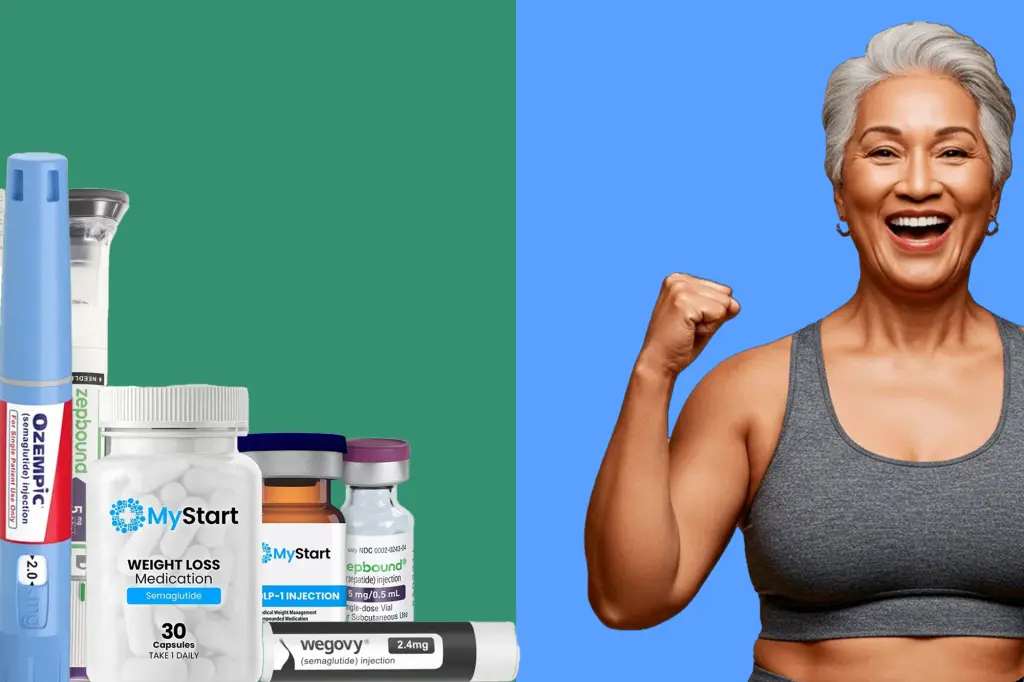
Shares of Harmony Biosciences (HRMY) plunged Wednesday as Fragile X syndrome continued to be “undruggable” for the biotech company.
Fragile X syndrome is an inherited disease that causes physical abnormalities, behavioral issues and other health problems. Harmony was hoping its drug, ZYN002, would help improve social avoidance in patients with FXS. But a higher-than-expected placebo response caused the drug to miss its mark.
Needham analyst Ami Fadia, who described FXS as “undruggable,” says the results weren’t entirely unexpected.
“Higher placebo response has been one of the key reasons for prior study failures in this space,” she said in a client note. “We don’t believe expectations were high heading into this readout, but anticipate the stock to be under pressure today based on this outcome.”
In midday trades on the stock market today, Harmony Biosciences stock tumbled more than 14% to 27.56. Shares touched a five-month low.
Better Understanding Of FXS
The study, which Harmony called Reconnect, pitted ZYN002 against a placebo in 215 patients ages 3 to 29. Patients received either a placebo or the transdermal gel of ZYN002. Though the study failed, the results will help researchers better understand FXS, says Harmony Chief Medical and Scientific Officer Kumar Budur. He noted there are no approved treatments for FXS.
“We will conduct a comprehensive analysis of the full dataset to better understand the results as part of our continued commitment to the Fragile X community,” he said in a written statement.
Needham’s Fadia kept her buy rating on Harmony Biosciences stock, but cut her price target to 41 from 48.
“We believe management can drive shareholder value with continued execution on Wakix, pipeline with multiple shots on goal and strong balance sheet,” she said.
Wakix is Harmony Biosciences’ treatment for narcolepsy and excessive daytime sleepiness. The firm is also testing a high dose of the chemical compound behind it, pitolisant, in patients with narcolepsy and idiopathic hypersomnia. Studies in those disorders are expected to start in the fourth quarter.
Follow Allison Gatlin on X/Twitter at @AGatlin_IBD.
YOU MAY ALSO LIKE:
Why Cidara Therapeutics, Already Up 173% This Year, Just Hit A Five-Year High
Acadia Pharma Tumbles On Failed Appetite Suppressant; Soleno Surges
Follow Premarket And After-The-Open Action With IBD Experts
How To Research Growth Stocks: Why This IBD Tool Simplifies The Search For Top Stocks



